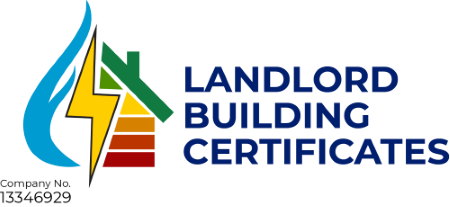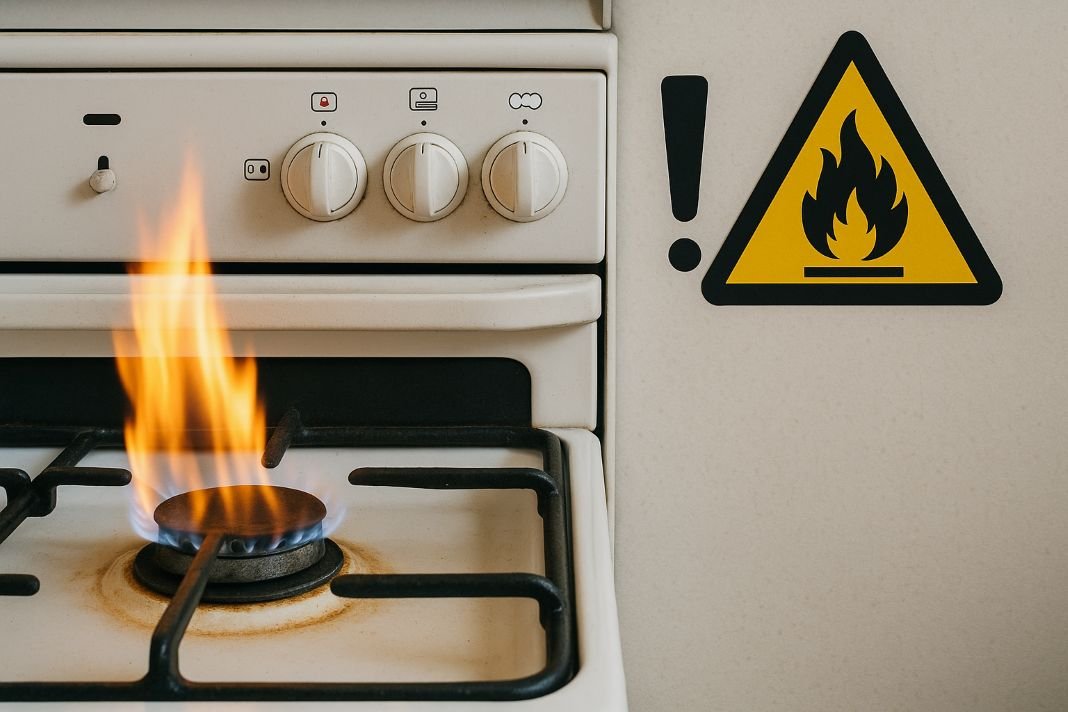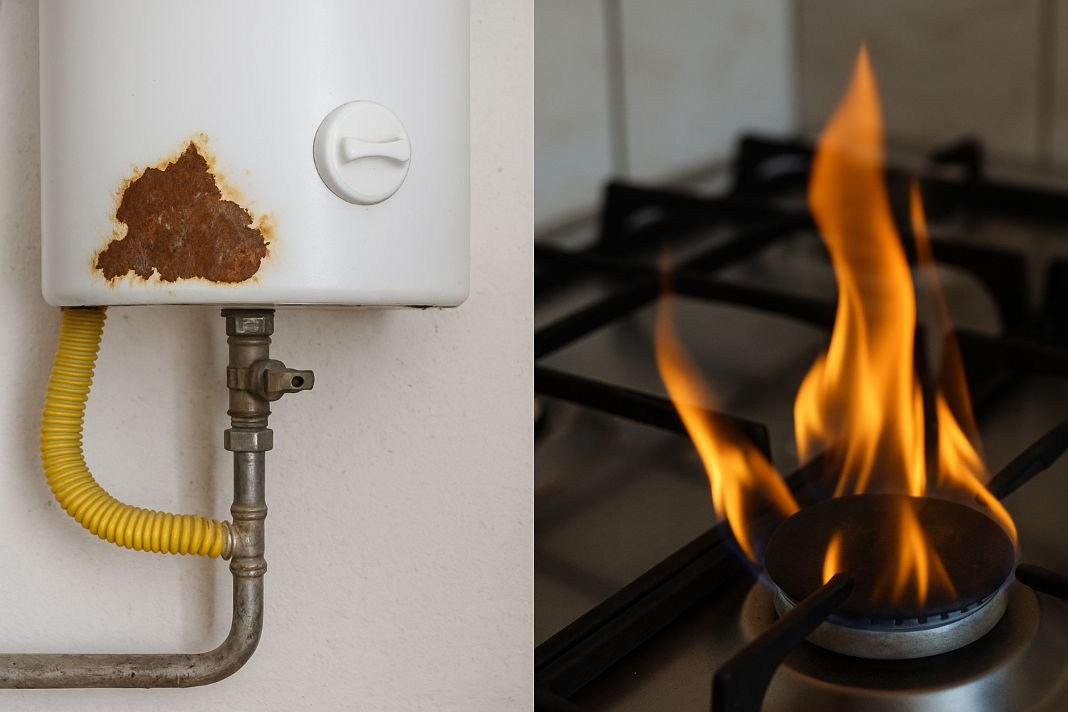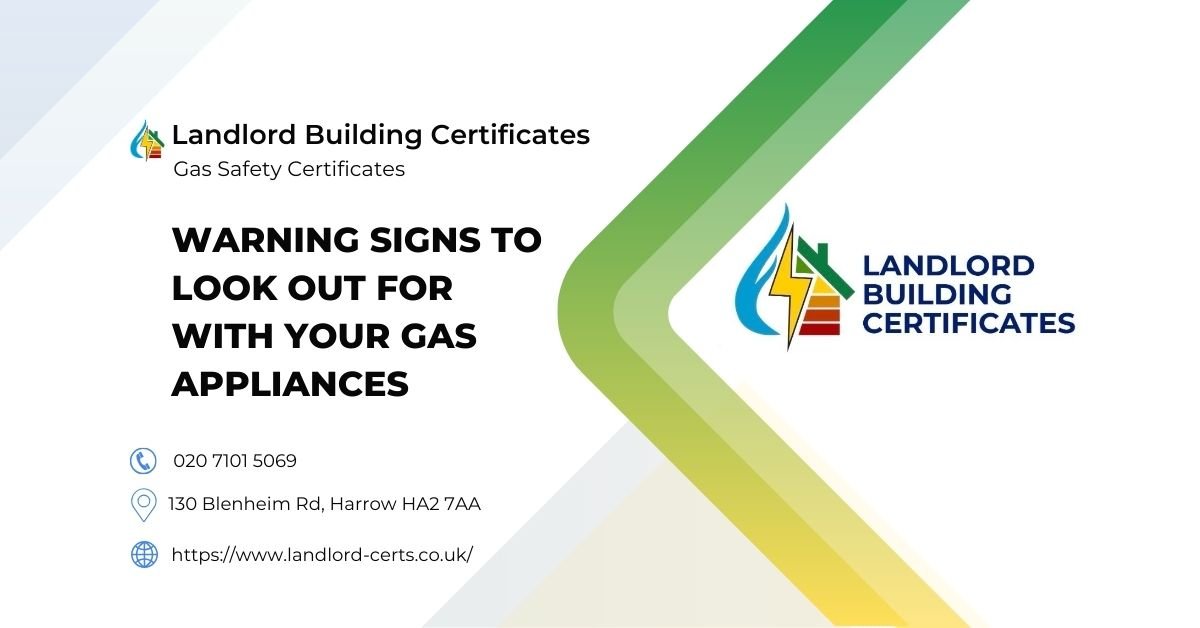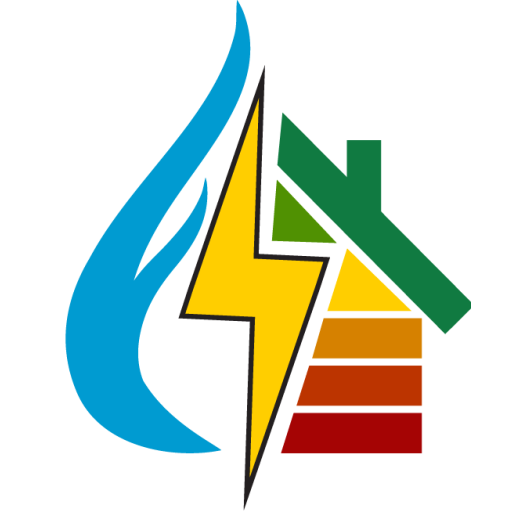Why should you ask questions during a Gas Safe inspection?
Asking clear, timely gas inspection questions helps protect your home and ensure legal compliance. It confirms your Gas Safe engineer has the right qualifications, supports a thorough inspection, and ensures that your paperwork, especially for landlords, is accurate and valid. Whether you own your home or manage a portfolio, good communication helps make sure your gas safety certificate and annual gas safety check meet every requirement.
Property owners in areas like North West London often rely on local services such as Landlord Building Certificates to ensure their inspections are properly handled and meet all required standards.
Here's What We Have Covered In This Article
What should you do before the inspection to ensure a smooth visit?
Must-Ask Prep Questions
-
Can I see your Gas Safe registration ID before starting?
-
Will you need access to all gas appliances or rooms?
-
Are carbon monoxide alarms part of what you’ll check and record?
Environment and Access Readiness
-
Are all appliances clear and easy to reach?
-
Do you need pets secured or windows opened before arrival?
Getting your space ready ahead of time makes it easier for the engineer to work properly. It also means nothing important gets overlooked, especially ventilation systems, flue pipes, and attached gas units. This supports compliance with Building Regulations Part J.
How can you verify your Gas Safe engineer is qualified?
Verification Essentials
-
Can I check your Gas Safe ID card and the expiry?
-
Are you certified for inspecting boilers and flue systems?
-
Will the inspection be linked to my property ID?
Additional Credentials to Consider
-
Do you carry public liability insurance?
-
Are you working solo or through a registered business?
Checking these details helps you avoid invalid certificates. Problems like this can lead to tenancy issues or cause a Section 21 notice to be overturned. Make sure your engineer is experienced with your specific equipment, whether it’s a combi boiler, gas fire, or anything else. Always match their ID against the official Gas Safe Register for full engineer ID verification.
What exactly should be inspected during a Gas Safe visit?
Full-Coverage Question Prompts
-
Will you check gas pressure and whether appliances run properly?
-
Are ventilation and flue systems fully inspected?
-
Are carbon monoxide detectors checked during the visit?
Optional Safety Clarifications
-
Will you check smoke alarms or kitchen fans too?
-
Is anything different when checking older appliances?
A proper inspection looks beyond the obvious. Every gas appliance needs testing for working pressure, safe air flow, and emissions. Missed issues like blocked flues or faulty sensors can put safety at risk.
Pro Tip: Keep CP12 certificates digitally backed up and labelled by date to stay compliant and avoid last-minute legal issues.
Need Help Understanding CP12 Faults?
Speak to our experts to decode AR, ID, or NCS issues before they turn serious.
What are the smartest technical questions to ask?
High-Impact Technical Prompts
-
Will you carry out a tightness test with full pressure readings?
-
Are flue integrity tests done with smoke testers or similar tools?
-
Do you measure the minimum gas rate for all suitable appliances?
Red Flags to Watch For
-
Are there appliances that must be serviced before they pass?
-
Have any short-term fixes been used that need to be replaced properly?
These types of questions help you understand what’s being tested. If any step feels rushed, asking about tightness testing or gas rate checks can help make sure everything is covered.
Avoid Fines and Void Evictions
We help London landlords meet legal gas safety rules. Fast, certified and fully traceable reports.
What should you know after the inspection ends?
Post-Check Questions
-
How and when will I receive the CP12 certificate or gas safety paperwork?
-
What do any AR, ID, or NCS faults mean and how soon must they be fixed?
-
When can I expect the work to be completed?
Documentation and Recordkeeping
-
Will you keep a copy of the CP12?
-
How long should I store my gas safety documents?
Being clear on CP12 faults explained gives you confidence in next steps. Terms like At Risk or Immediately Dangerous can sound technical, so it’s best to confirm what each means before the engineer leaves.
What should landlords and tenants ask about compliance?
Role-Specific Questions
-
Are the past two years of CP12s stored correctly?
-
For tenants: Can I receive a copy of the latest CP12 within 28 days?
-
For landlords: Have you followed carbon monoxide alarm laws since October 2022?
Dispute Prevention Tips
-
What happens if entry to the property is blocked?
-
In multi-unit buildings, who manages any required follow-up?
These questions help meet landlord gas safety law and keep things simple between landlords and tenants. With multiple residents or regular tenancy changes, tracking dates and reports becomes even more important. Clarifying tenant rights during this process can prevent legal misunderstandings. If you’re based in North West London, working with a specialist like Landlord Building Certificates can provide added peace of mind.
Final thoughts on staying safe and compliant
Good questions during a gas inspection help you confirm qualifications, prevent errors, and get valid records. They’re a practical way to stay compliant and safe. Consistent checks and follow-through mean you’re less likely to face safety problems or legal issues. Staying informed about CO alarm installation laws and your responsibilities ensures better protection for everyone involved.
